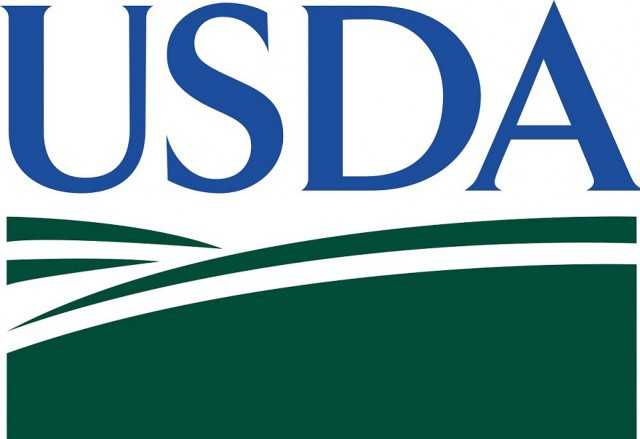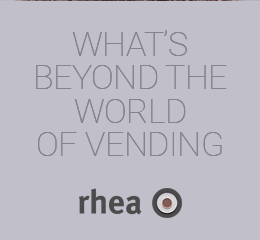WASHINGTON, USA – U.S. Agriculture Secretary Tom Vilsack has announced the United States, through USDA, is investing $455 million to strengthen global food security and international capacity-building efforts. The investment will utilize more than 375,000 metric tons of U.S. commodities.
The commodities in the Food for Progress program will be sold in local and regional markets and proceeds will help strengthen short- and long-term food security through development of agricultural value chains and trade-promoting activities.
Prior to investing in a project, USDA conducts numerous analyses to ensure that local production and markets will not be impacted, and U.S. commercial interests will not be affected. The commodities in the McGovern-Dole program will go directly to hungry school children to help address hunger and promote education.
“USDA’s McGovern-Dole International Food for Education and Child Nutrition Program has been a pillar global school feeding program for more than two decades, benefitting over 31 million children and families in 48 countries, providing more than 5.5 billion school meals, and supporting programs through U.S.-donated commodities and technical and financial support,” said Vilsack. “Today, on behalf of the Biden Administration, USDA is reaffirming its commitment to strengthening global food security by awarding $230 million in new school feeding projects through the McGovern-Dole Program.”
With the FY2023 funding, the McGovern-Dole Program will remain the largest donor to global school feeding programs, supporting national programs in low- and middle-income countries. This year, the Program will include projects in Cameroon, Haiti, Mozambique, Nepal, Nicaragua, Sri Lanka, and Togo.
“USDA will also award $225 million in international development projects under the Food for Progress Program to help improve agricultural productivity and expand trade of agricultural products,” added Vilsack. “Food for Progress projects play a critical role in helping combat food insecurity by helping boost production capacity and expand global climate-smart agriculture adaptation.”
This year’s Food for Progress Program will invest in projects in Bangladesh, Cote d’Ivoire, The Gambia, Lesotho, Mauritania, Nepal, and Togo.
As renowned food security programs in the international community, USDA works continuously to monitor and ensure the success of the programs, all while balancing funding allocations with current global nutrition needs.
Last year, for example, Burundi became the newest participant in both the McGovern-Dole and the Food for Progress Programs. With McGovern-Dole investment, more than 6,000 metric tons of U.S. commodities and 2,000 metric tons of locally produced commodities will provide daily school meals and literacy programming for more than 80,000 children.
And with funding through the Food for Progress Program, the Burundi Better Coffee Initiative is working holistically across the supply chain to address food security challenges by improving incomes and resilience for 60,000 farming households.
USDA’s Foreign Agricultural Service administers both the Food for Progress and McGovern-Dole programs. FY 2023 allocation tables will be published when available. For more information on the programs, visit fas.usda.gov/topics/food-security.


















